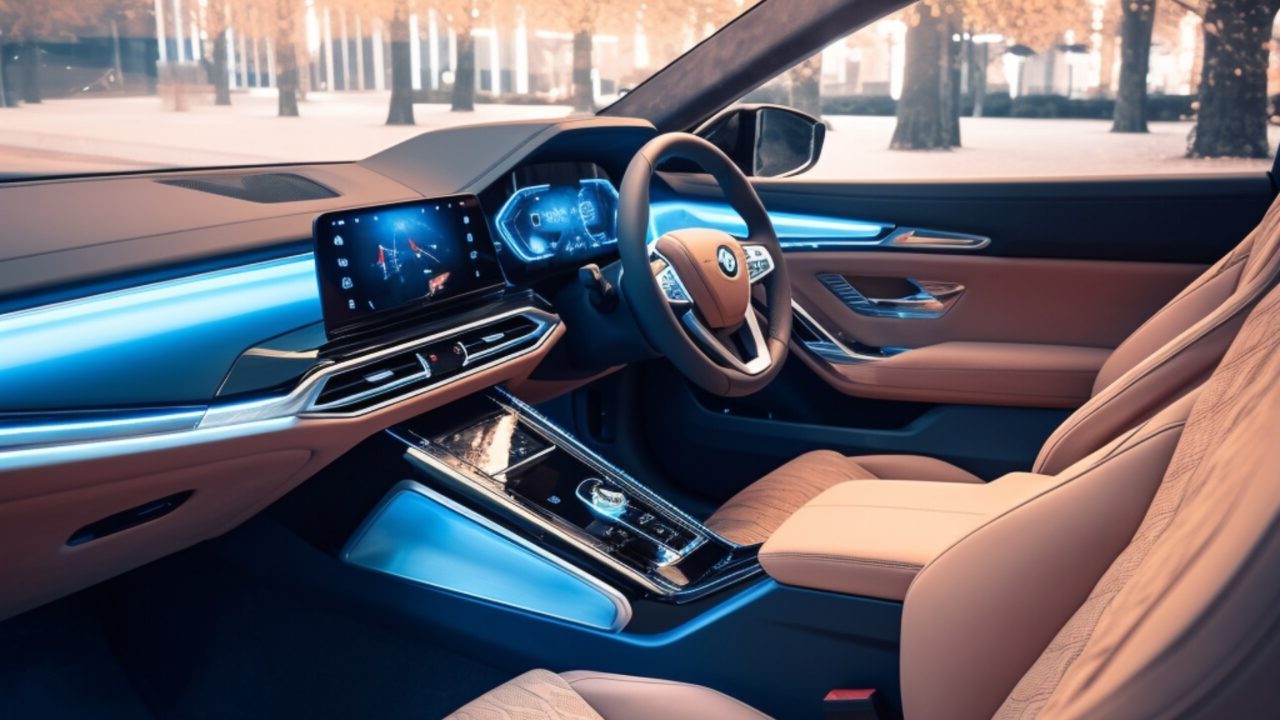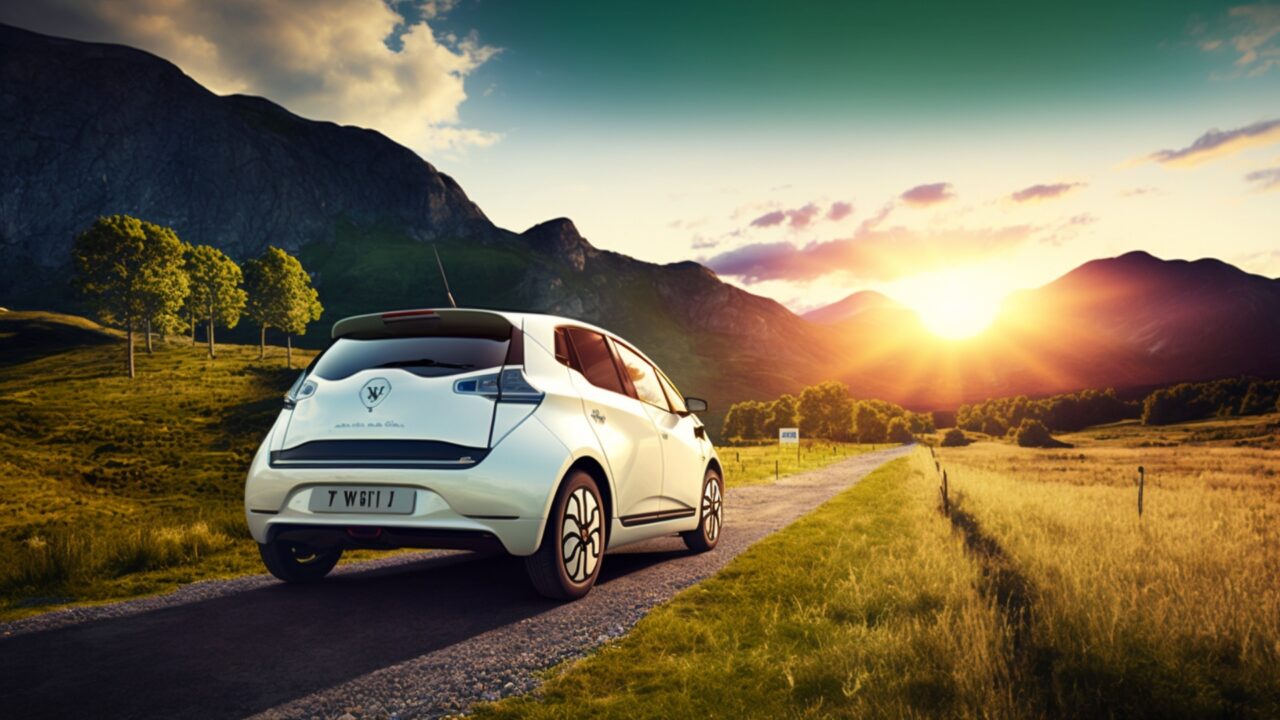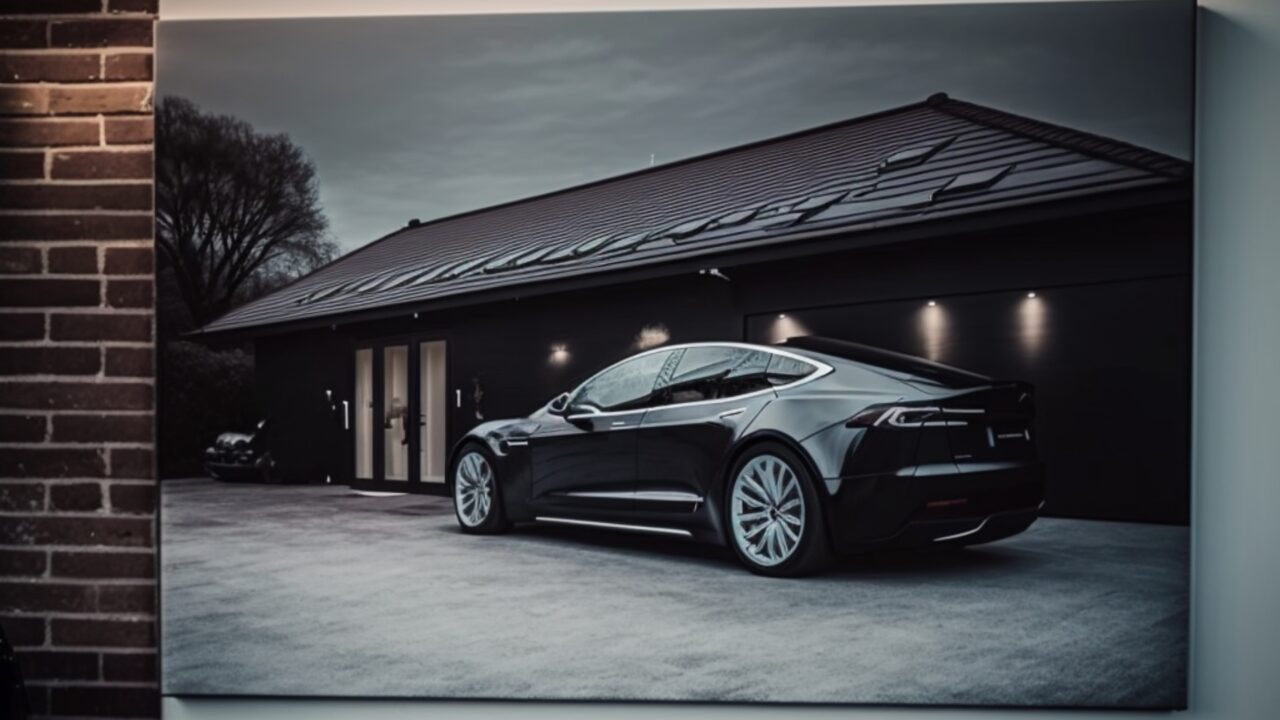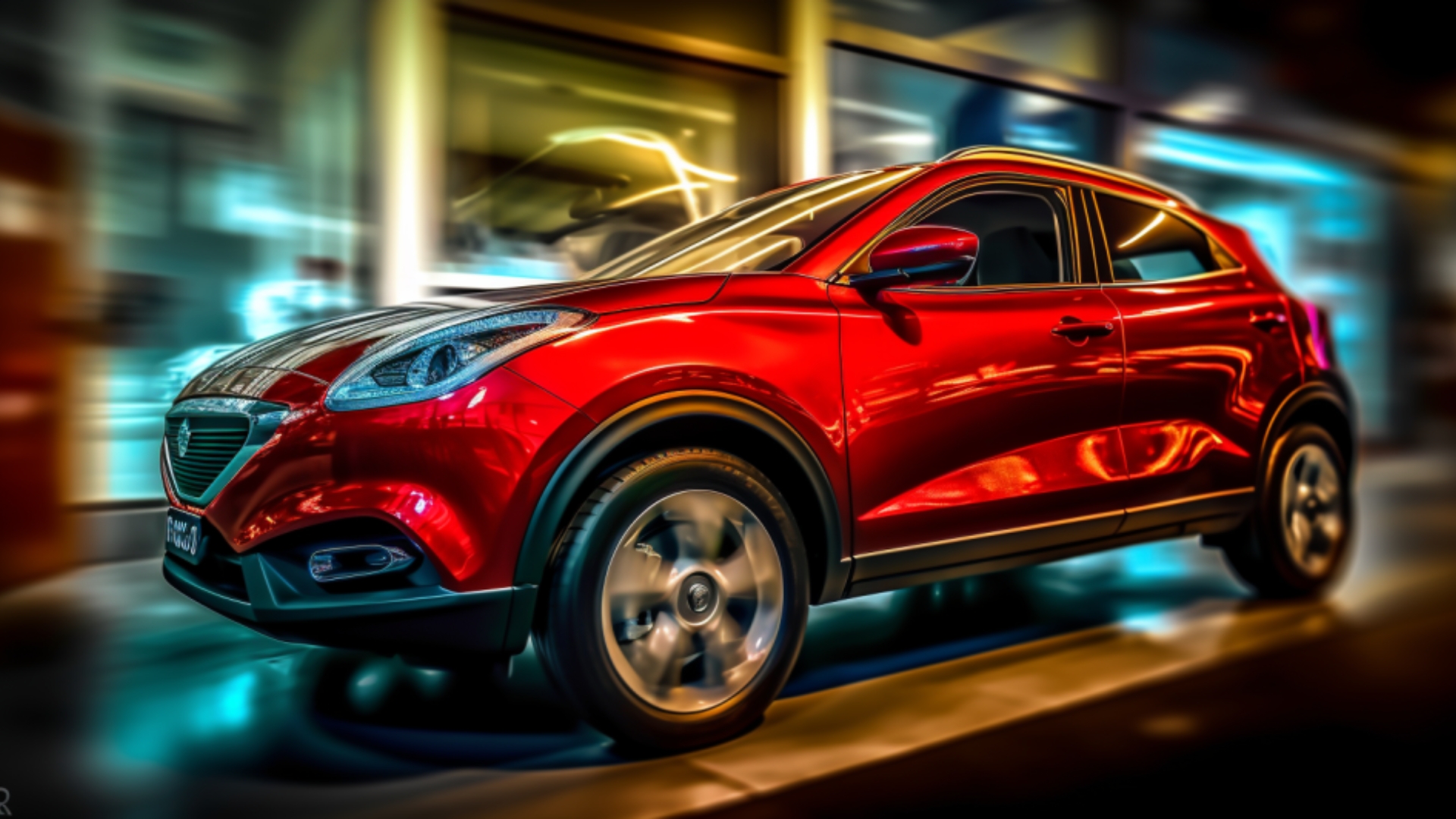Stay up-to-date with the latest news in the electric vehicle (EV) industry with our April news round-up. Read about Ford’s hands-free BlueCruise technology, how EV sales have surpassed diesel in Ireland, the value of salary sacrifice schemes for EVs, the issue of damaged EV batteries and a UK battery recycling startup’s efforts to reduce the need for lithium mining.
From Ford’s BlueCruise technology gaining approval for hands-free driving in the UK to electric car sales surpassing diesel for the first time in Ireland, the EV industry has seen some exciting developments so far in April.
Automated Driving
BBC News reports on some great news for UK drivers! Ford’s innovative BlueCruise technology has been given the green light for use on certain UK motorways. This cutting-edge system is available on the electric Mustang Mach-E SUV.
Drivers can take their hands off the wheel on pre-mapped motorways across England, Scotland and Wales, known as “blue zones,” but drivers must remain alert, not use a mobile or be distracted from assessing the road and potential dangers as per level 2 automated driving rules.

Lisa Brankin, managing director of Ford in Britain and Ireland, stated that the car would only take over when “the system feels it’s safe” and for this, the driver must be paying attention. The technology is available for a subscription fee after a trial period. Ford’s technology represents the first system approved for hands-free driving in the UK.
EV sales surpass diesel
RTE.ie report on exciting news for the Irish automotive industry! According to data from the Society of the Irish Motor Industry, electric car sales have surpassed diesel for the first time in the country. During the first three months of 2023, a whopping 24% of all new cars sold in Ireland were electric, reflecting a major tipping point in the electric vehicle (EV) market.
With over 80,000 fully electric and hybrid electric vehicles now on Irish roads, the market for EVs is maturing quickly. Last year, electric car sales almost doubled to around 16,000, and this year, sales have increased by a further 50%. It’s estimated that over 20,000 new electric vehicles will be sold in 2023 alone.
Currently, there are 29 different manufacturers of electric cars on sale in Ireland, but one of the main challenges is simply having enough cars to meet demand. Additionally, many electric cars are still out of reach for the vast majority of people due to their high price tags. Another issue is the lack of second-hand electric cars, which will only become more abundant if new car sales increase. Brexit factors have also limited imports of used vehicles, as they are subject to VRT, import duty, and VAT.
Overall, it’s clear that the future is electric when it comes to cars in Ireland, and the shift towards sustainable transportation is gaining momentum. As more people opt for EVs, it’s likely that prices will become more competitive, and the market for second-hand electric cars will grow.
Damaged batteries leading to EV insurance write-offs
according to a report in the Telegraph, the high cost of repairing EV batteries could result in them being written off after even minor accidents. Salvage site Copart has reported that it has seen a number of low-mileage EVs being written off, despite suffering only minor battery damage.
This is because a lack of information has led to minor battery damage being considered expensive and complex to repair, making it more cost-effective to simply scrap the car altogether. Unfortunately, this is partly due to a lack of training for mechanics to work on EVs, with only a few qualified technicians in the UK capable of repairing EV batteries.
This news is concerning for the EV market, as it suggests that the cost of ownership for electric vehicles may be higher than previously anticipated. While EVs have many advantages over their gas-powered counterparts, such as lower emissions and running costs, the cost of battery replacement and repair could negate some of these benefits.

It’s important for the industry to address this issue and find ways to make EV battery repair more accessible and affordable. This could include providing more training for mechanics or developing more cost-effective battery replacement solutions.
Battery recycling
The Guardian reports that the UK battery recycling startup Altilium is working on a process that could significantly reduce the need for environmentally damaging lithium mining by recycling used batteries.
The company’s chief technology officer and co-founder, Christian Marston, believes that by 2040, up to 40% of the industry’s lithium could come from recycling. Altilium’s goal is to achieve “full battery circularity” by treating electric vehicle (EV) batteries as “concentrated ore.” The company claims that it can recover 95% of useful material and plans to build a larger plant in Teesside capable of processing 150,000 car batteries per year or 50,000 tonnes of black mass.
This news is encouraging for the EV market, as concerns over the cost and availability of lithium have been rising. China currently accounts for over 70% of battery recycling capacity, highlighting the need for more solutions like Altilium’s to emerge. By recycling used batteries, we can reduce our reliance on mining for new materials, which is not only environmentally damaging but also potentially unsustainable in the long run.
Altilium’s progress in battery recycling could pave the way for a more sustainable and circular EV industry. With more companies like Altilium working on innovative solutions, we can create a cleaner and more sustainable future for all.
Salary sacrifice
A survey by Fleet Evolution as reported by Fleetnews.co.uk highlights the importance of salary sacrifice schemes for electric cars in reducing carbon emissions and encouraging the adoption of cleaner and more sustainable modes of transport.

With the increasing demand for electric cars, more employers should consider offering such schemes to their employees, as they can have a significant impact on the environment and help create a greener future and help their employees to afford to get in on the act.
The survey of 5,000 employees revealed that salary sacrifice schemes for electric cars are the most valuable flexible benefit. Almost 40% of those surveyed rated salary sacrifice as the most important benefit, followed by pensions (37%) and flexible working (9%).
More than half (55%) of employees said that they would not have opted for an electric car if it had not been provided through a salary sacrifice scheme. This shows that salary sacrifice schemes can play a crucial role in encouraging the adoption of electric cars. The findings also suggest that salary sacrifice schemes for electric cars are a win-win for both employees and employers.
